Information Pollution

How do educators respond?
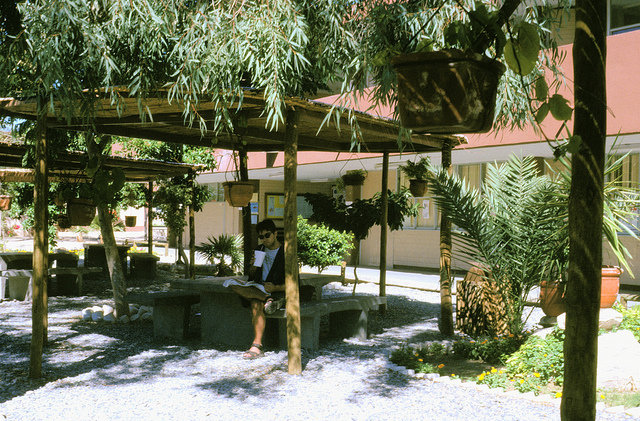
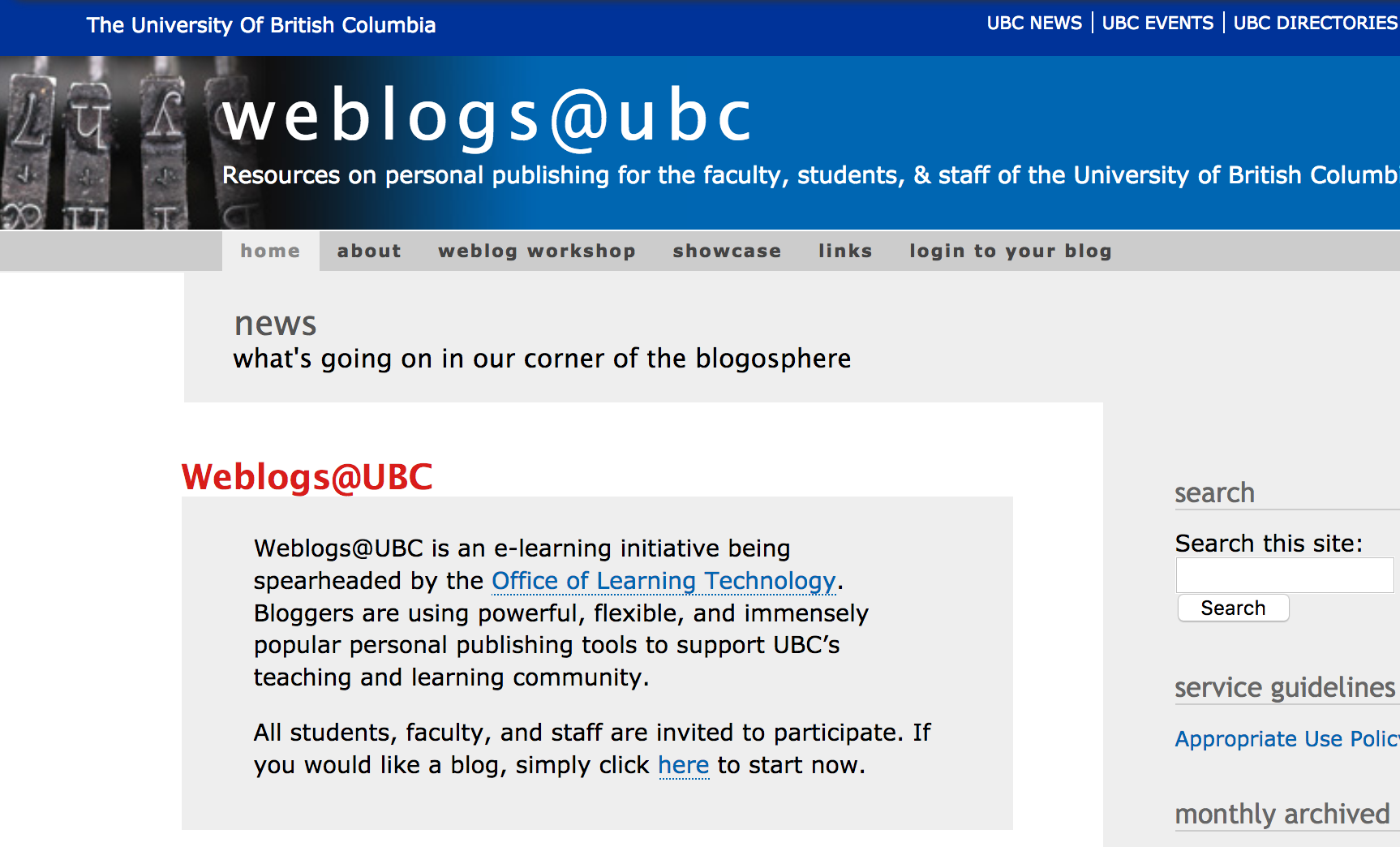
CBC Spark: "Your photos can be used in 'catfishing' romance scams"
Alec Couros, "Information for romance scam victims"


Tarleton Gillespie, Logic, "The Scale is Just Unfathomable"

Samanth Subramanian, "The Macedonian Teens Who Mastered Fake News"

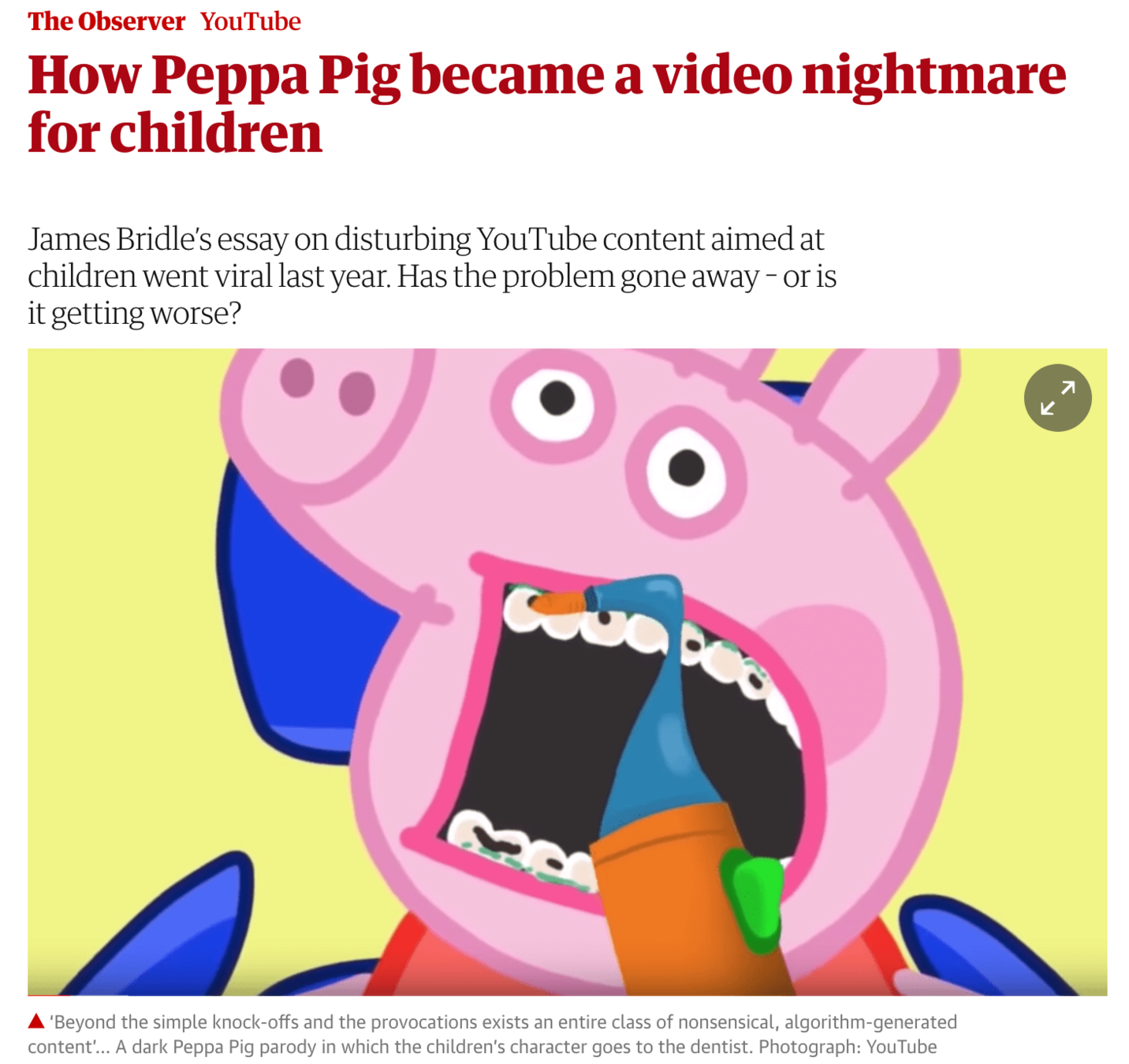
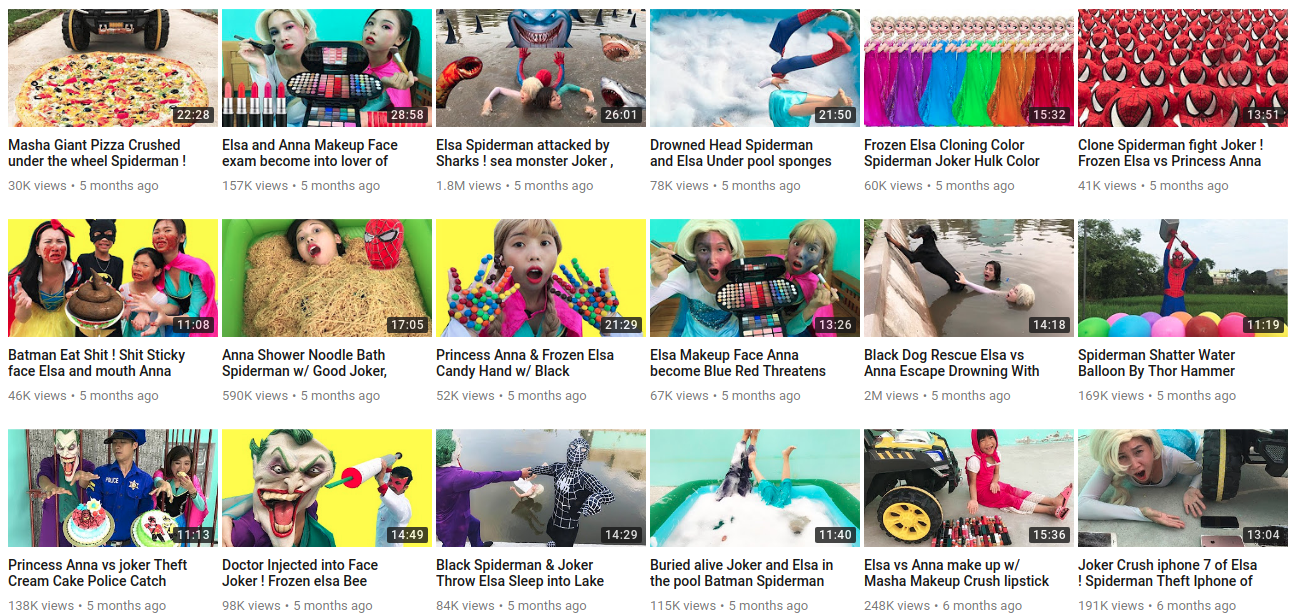
"the obvious parodies and even the shadier knock-offs interact with the legions of algorithmic content producers until it is completely impossible to know what is going on. "
"What concerns me is that this is just one aspect of a kind of infrastructural violence being done to all of us, all of the time, and we’re still struggling to find a way to even talk about it, to describe its mechanisms and its actions and its effects."
James Bridle, "Something is wrong on the internet"

Wall Street Journal: Facebook: Blue Feed – Red Feed

"I experimented with nonpolitical topics. The same basic pattern emerged. Videos about vegetarianism led to videos about veganism. Videos about jogging led to videos about running ultramarathons."
Zeynep Tufekci, "YouTube, the Great Radicalizer"



"a recipe or a list of directions to a friend’s house can be understood as an algorithm...
...machine-learning algorithms are effectively programming themselves, meaning that they can sometimes be unpredictable"
Jacob Brogan, "What is an algorithm? An explainer."
"Like gods, these mathematical models were opaque, their workings invisible to all but the highest priests in their domain: mathematicians and computer scientists."
Cathy O'Neil, Weapons of Math Destruction

The models being used today are opaque, unregulated, and uncontestable, even when they’re wrong. Most troubling, they reinforce discrimination: If a poor student can’t get a loan because a lending model deems him too risky (by virtue of his zip code), he’s then cut off from the kind of education that could pull him out of poverty, and a vicious spiral ensues.
...the black box models that shape our future, both as individuals and as a society. These “weapons of math destruction” score teachers and students, sort résumés, grant (or deny) loans, evaluate workers, target voters, set parole, and monitor our health.

"Stacks. In 2012 it made less and less sense to talk about "the Internet," "the PC business," "telephones," "Silicon Valley," or "the media," and much more sense to just study Google, Apple, Facebook, Amazon and Microsoft. These big five American vertically organized silos are re-making the world in their image."
Bruce Sterling, "State of the World, 2012"

"...the dominant logic of the web."
Kashmir Hill, "Goodbye Big Five"






Emily Glazer, Deepa Seetharaman, AnnaMaria Andriotis, "Facebook to Banks: Give Us Your Data, We’ll Give You Our Users"



Kaveh Waddell, "Your Phone Is Listening—Literally Listening—to Your TV"


Leo Mirani and Max Nisen, "The nine companies that know
more about you than Google or Facebook"
Katarzyna Szymielewicz, "Your digital identity has three layers, and you can only protect one of them"
University of Cambridge Research, “Computers using digital footprints are better judges of personality than friends and family”



Robinson Meyer, "Could Facebook Have Caught

Astra Taylor and Jathan Sadowski, "How Companies Turn Your

Suzanne Barlyn, Reuters, "Strap on the Fitbit: John Hancock to sell only interactive life insurance"

Esther Kaplan, Harper's, "The Spy Who Fired Me:

Audrey Watters, "The Weaponization of Education Data"
...many schools are adopting analytics and surveillance technologies to monitor and predict student behavior: to identify cyberbullying and suicide threats; to recommend what students should be reading; to recommend what lessons students should be working on; to ascertain if teachers should be awarded tenure; to determine school bus routes; to identify learning disabilities; to identify college students who are struggling with classes; to identify K–12 students who are struggling with classes; to recommend students enroll in certain courses or pursue certain degrees; to help colleges decide who to admit in the first place. “Can you predict your students’ final grade at the start of the course?” Technológica de Monterrey asked on its website, “Yes, you can with Artificial Intelligence.” “Will You Graduate?” asked an article in The New York Times. “Ask Big Data.”


Associated Press, "Google records your location even when you tell it not to"
Office of the University Counsel, UBC,

Bart van der Sloot and Sascha van Schendel, "Ten Questions for Future Regulation of Big Data: A Comparative and Empirical Legal Study"

Ben Williamson, "Learning lessons from data controversies"
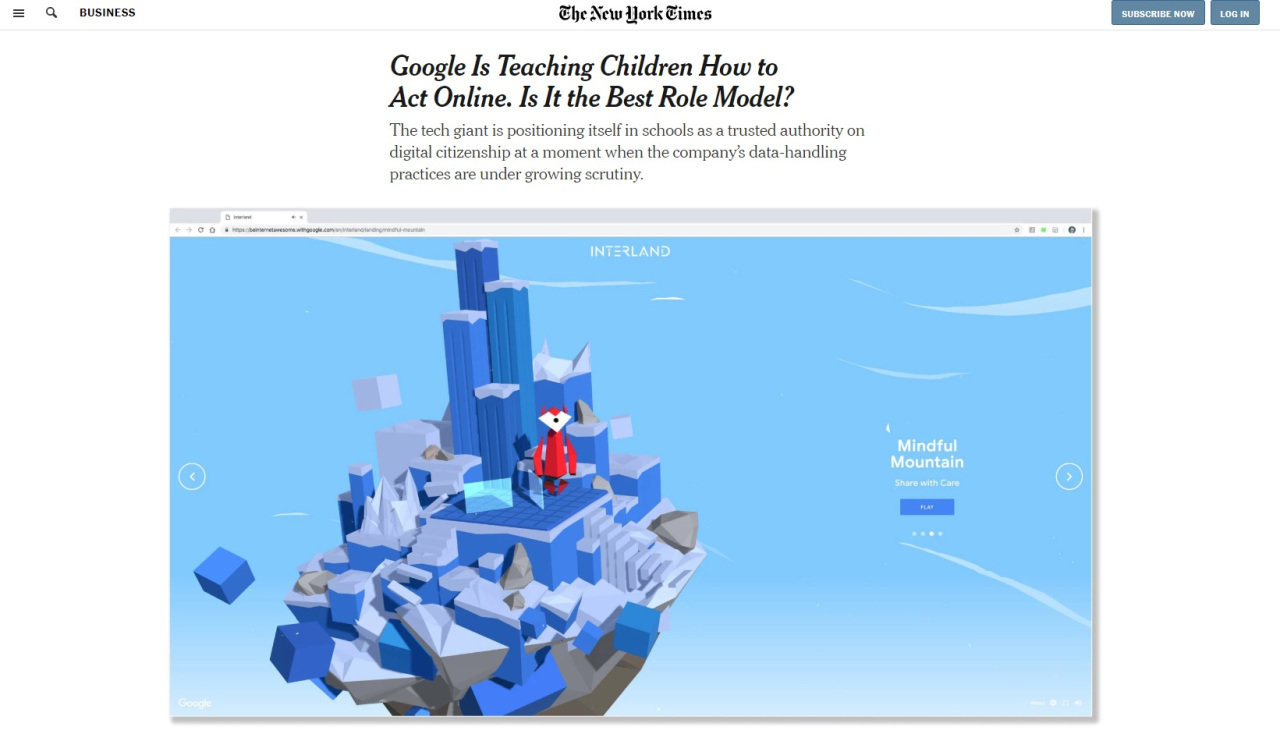
"claims of social responsibility compete with feelings of ‘creepiness’ about commercial tracking and concern about private sector influence in public education."
"Once Athabasca has customized its courses to fit into the Amazon framework, studying could soon be as simple as asking Alexa in your car to quiz you on your drive to work, [chief information officer Jennifer] Schaeffer said."
Juris Graney, "Athabasca University reaches deal with cloud-computing giant Amazon"
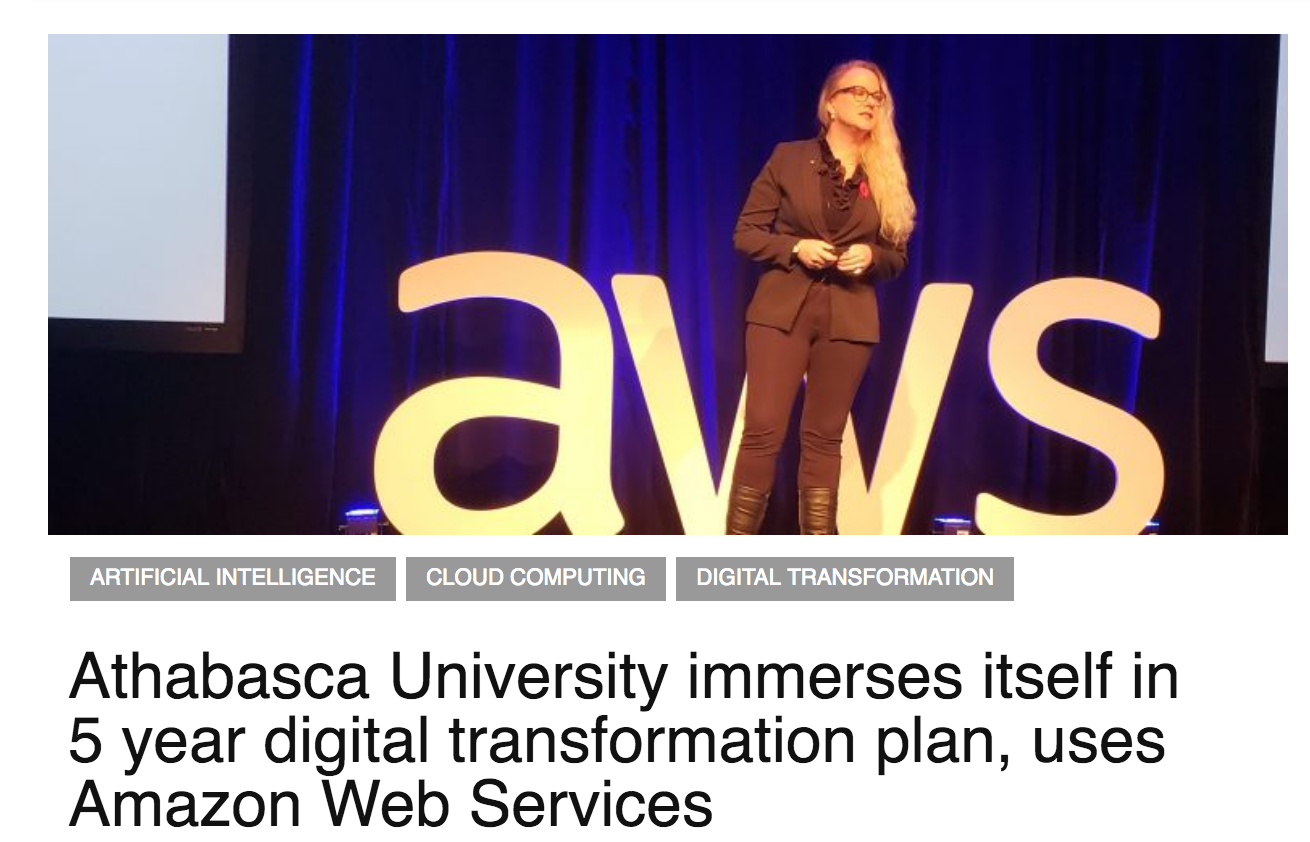

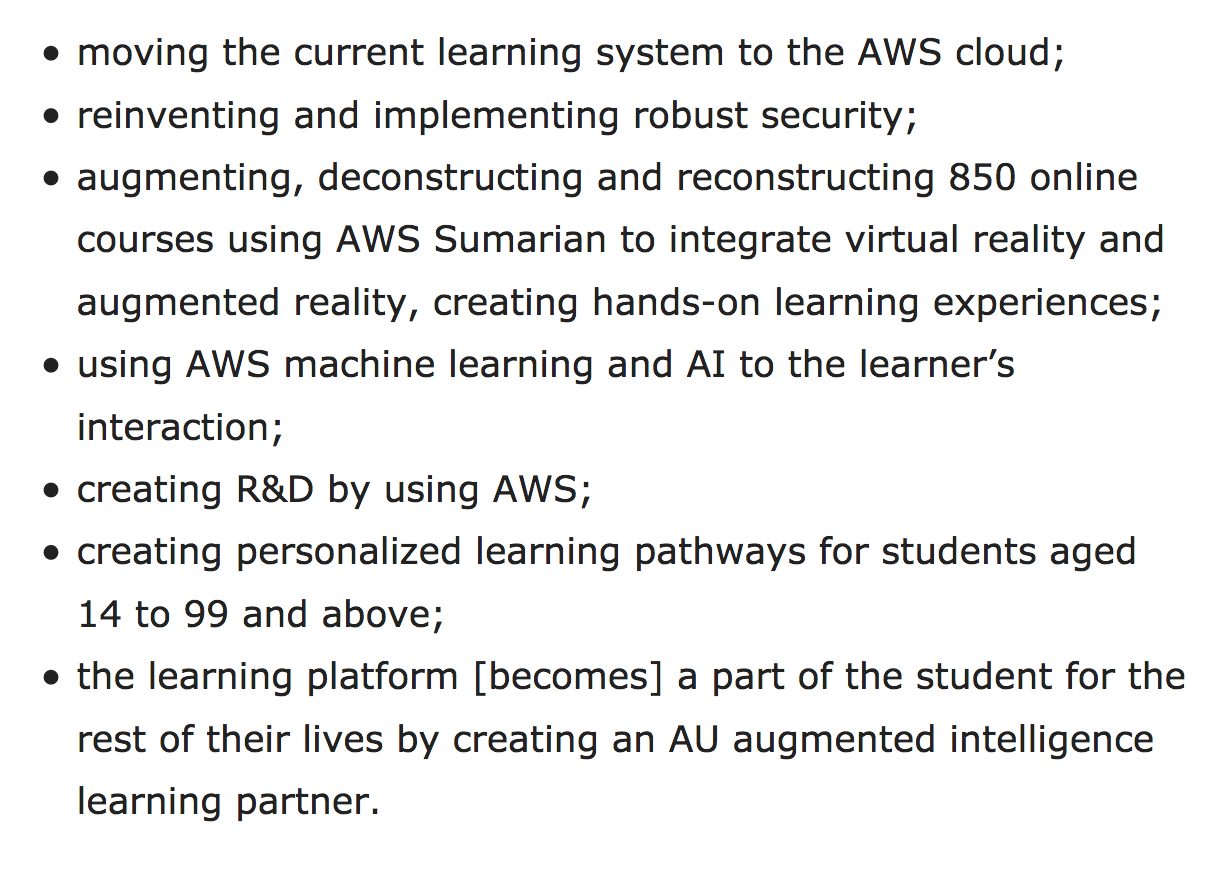
Tony Bates, "Athabasca University moves to the cloud."
Athabasca University RISE: Athabasca University’s Digital Transformation
Jeremy Tirrell, "Athabasca University's Digital Transformation: The Architecture"
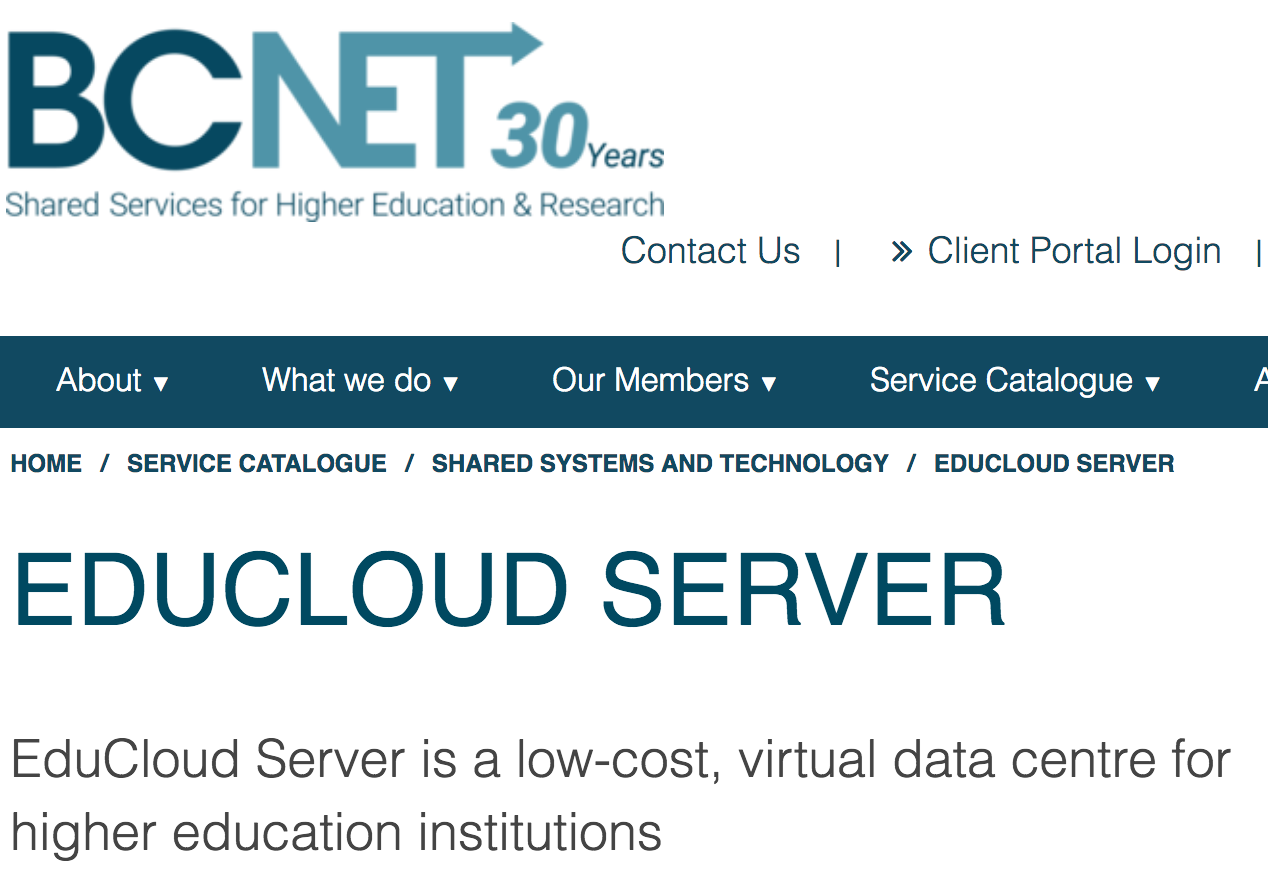
OpenETC: https://opened.ca/
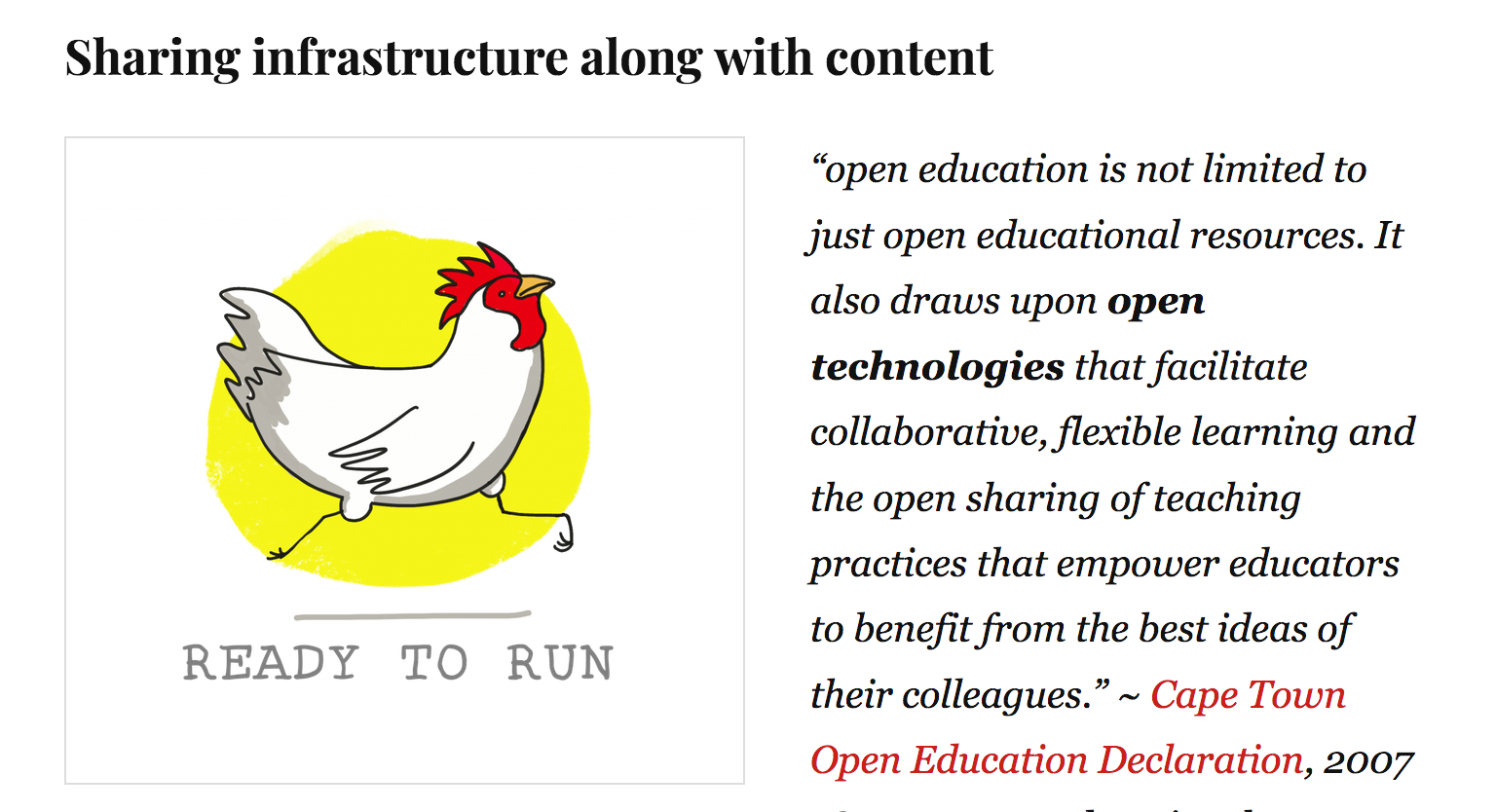

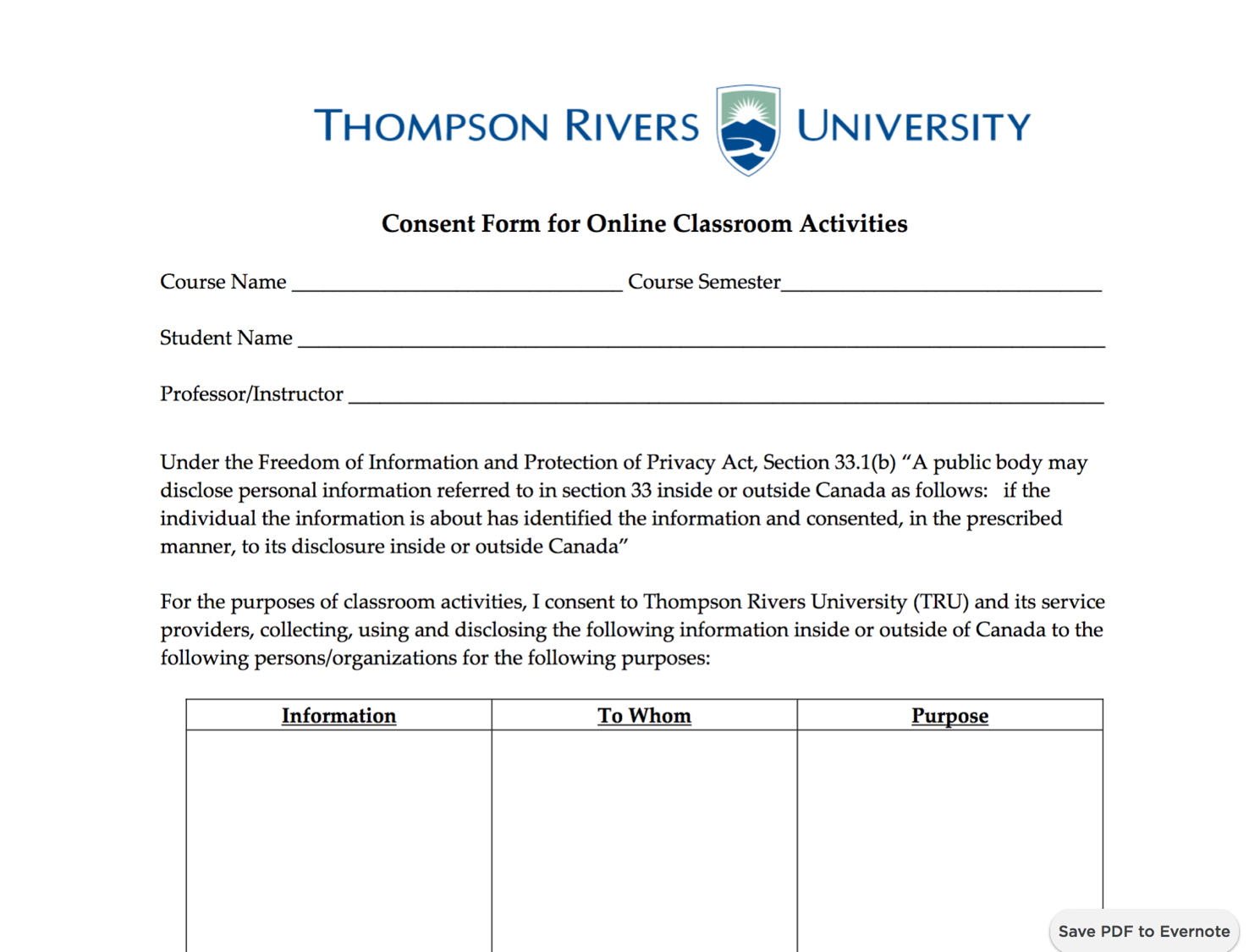

"Digital Detox is a pilot initiative to reduce the toxicity of our personal digital environments and how we engage with them. By mindfully taking on this detox, you will begin to develop critical habits that will improve your overall well-being and reduce risks to your personal digital data."




Mike Caulfield, Four Moves


Information pollution: how do educators respond?
By Brian Lamb
Information pollution: how do educators respond?
- 2,804



